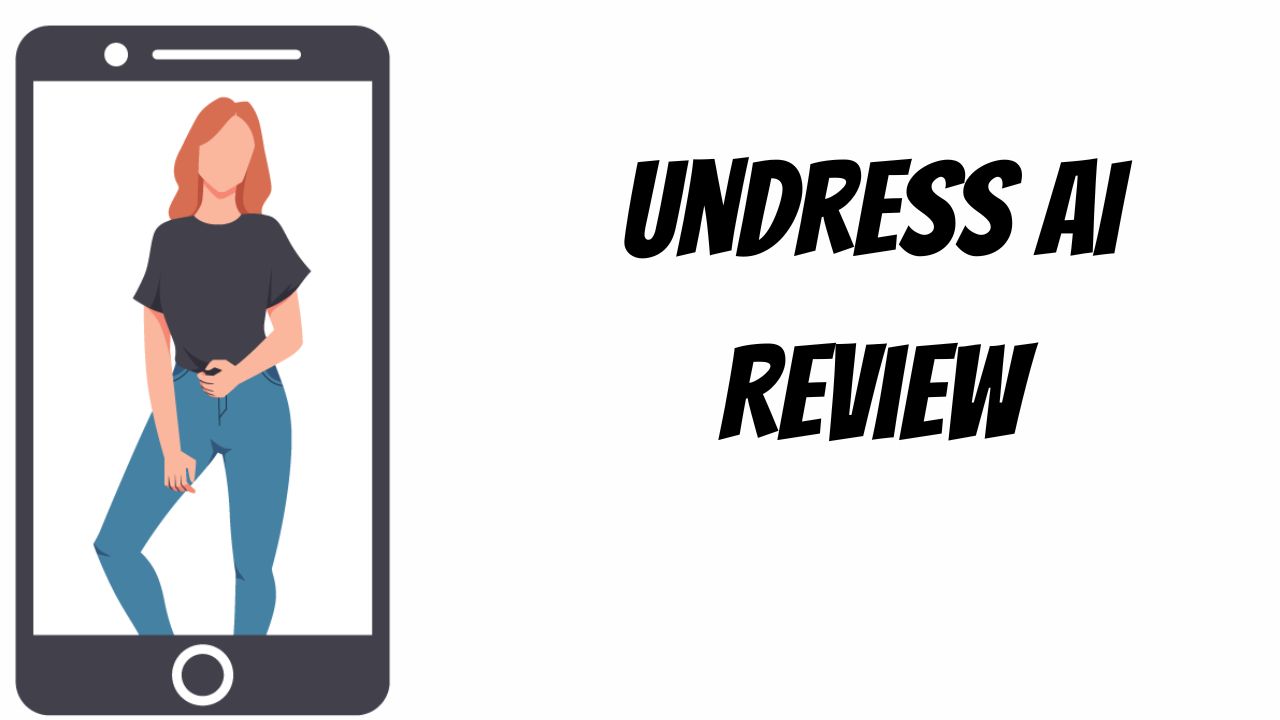Free Undress: A Comprehensive Guide To Understanding Its Meaning And Implications
Free undress is a term that has gained significant attention in recent years, particularly in discussions about personal freedom, privacy, and body autonomy. The concept revolves around the idea of undressing freely, often in public spaces, as a form of self-expression or protest. This topic is not only intriguing but also raises important questions about societal norms, legal boundaries, and individual rights. As we delve deeper into this subject, we will explore its various dimensions, including its historical context, cultural implications, and legal considerations.
The concept of free undress has sparked debates worldwide, with advocates arguing that it represents a fundamental human right to express oneself freely. On the other hand, critics raise concerns about public decency, cultural sensitivity, and legal ramifications. Understanding both perspectives is crucial to forming an informed opinion on this matter.
This article aims to provide a thorough analysis of free undress, covering its origins, cultural significance, and legal aspects. By the end of this guide, readers will have a comprehensive understanding of the topic, enabling them to engage in meaningful discussions about personal freedom and societal norms.
Read also:Pistons Vs Heat Preview A Night Of Highstakes Basketball In South Beach
Below is the table of contents for easy navigation:
- Introduction
- The History of Free Undress
- Cultural Significance
- Legal Considerations
- Health Implications
- Environmental Impact
- Fashion and Trends
- Psychological Effects
- Societal Challenges
- Future Directions
- Conclusion
Introduction
Free undress refers to the act of undressing in public spaces as a form of self-expression, protest, or personal freedom. This concept has been embraced by various movements advocating for body autonomy and the right to express oneself without societal constraints. The idea challenges traditional norms surrounding modesty and privacy, sparking intense debates about the boundaries of personal freedom.
In this section, we will explore the basic premise of free undress and its relevance in today's world. By understanding its core principles, readers can appreciate the complexity of the issue and the diverse perspectives surrounding it.
The History of Free Undress
The origins of free undress can be traced back to ancient civilizations where nudity was often seen as a natural state. In many cultures, nudity was associated with rituals, celebrations, and spiritual practices. Over time, societal norms evolved, leading to stricter regulations regarding public decency.
Key Historical Movements
- Naturism: A movement that promotes nudity as a way to connect with nature and embrace body positivity.
- Feminist Movements: Advocates for women's rights have used nudity as a form of protest against objectification and societal constraints.
- Counterculture Movements: In the 1960s and 1970s, free undress became a symbol of rebellion against traditional values.
Cultural Significance
Free undress holds different meanings across cultures, reflecting varying attitudes toward nudity and personal freedom. In some societies, nudity is seen as a celebration of life and a connection to nature, while in others, it is viewed as taboo and morally unacceptable.
Cultural Perspectives
- Western Cultures: Nudity is often associated with art, freedom, and self-expression.
- Eastern Cultures: Modesty and privacy are highly valued, making public nudity less acceptable.
- Indigenous Cultures: Nudity is sometimes seen as a natural state and a way to honor ancestral traditions.
Legal Considerations
The legality of free undress varies significantly from one jurisdiction to another. While some countries have laws prohibiting public nudity, others have more relaxed regulations. Understanding these legal frameworks is essential for those interested in practicing free undress responsibly.
Read also:Dukes Strategic Roster Building Around Cooper Flagg
Legal Frameworks Around the World
- United States: Public nudity laws differ by state, with some areas allowing it in designated zones.
- Canada: Nudity is generally legal unless it causes a disturbance or violates public decency laws.
- Europe: Many European countries have a more liberal approach to public nudity, especially in naturist areas.
Health Implications
Free undress can have both positive and negative health implications. On the positive side, it promotes body positivity and self-acceptance, which can improve mental health. However, exposure to extreme weather conditions or unsanitary environments may pose health risks.
Potential Health Benefits
- Improved mental well-being through increased self-confidence and body acceptance.
- Enhanced Vitamin D absorption from sunlight exposure.
Potential Health Risks
- Skin damage from excessive sun exposure.
- Increased risk of infections in unsanitary environments.
Environmental Impact
Free undress can also have an environmental dimension, particularly in the context of naturism. Advocates argue that nudity fosters a deeper connection with nature, encouraging individuals to adopt more sustainable lifestyles. However, the environmental impact of naturist activities must be carefully managed to prevent ecological damage.
Environmental Benefits
- Promotes awareness of environmental issues and the importance of preserving natural spaces.
- Encourages eco-friendly practices in naturist communities.
Environmental Challenges
- Potential disruption of wildlife habitats in naturist areas.
- Increased waste generation in popular naturist destinations.
Fashion and Trends
Free undress has influenced fashion trends, particularly in the realm of minimalist and sustainable fashion. Designers have drawn inspiration from the concept, creating clothing lines that emphasize simplicity and comfort. This section explores the intersection of free undress with the fashion industry.
Influence on Fashion Design
- Minimalist clothing that allows for greater freedom of movement.
- Sustainable fashion practices inspired by naturist principles.
Psychological Effects
The psychological effects of free undress are multifaceted, encompassing both individual and societal impacts. For individuals, embracing nudity can lead to increased self-esteem and body positivity. However, societal reactions to public nudity may result in feelings of judgment or isolation.
Positive Psychological Outcomes
- Enhanced self-awareness and acceptance.
- Reduced anxiety about body image.
Challenges and Concerns
- Social stigma and judgment from others.
- Potential psychological distress from negative societal reactions.
Societal Challenges
Free undress presents several challenges to society, particularly in terms of balancing personal freedom with public decency. Striking this balance requires open dialogue and understanding between different cultural and societal groups.
Key Societal Issues
- Conflicting views on modesty and personal freedom.
- Legal and ethical dilemmas surrounding public nudity.
Future Directions
As society continues to evolve, the concept of free undress may gain more acceptance or face increased resistance. Future developments in this area will depend on ongoing discussions about personal freedom, cultural norms, and legal frameworks.
Potential Future Trends
- Increased acceptance of public nudity in designated areas.
- Advancements in technology that promote virtual experiences of naturism.
Conclusion
Free undress is a complex and multifaceted topic that touches on personal freedom, cultural norms, and legal considerations. By exploring its historical context, cultural significance, and potential implications, we gain a deeper understanding of its importance in contemporary society. As we move forward, it is crucial to engage in respectful dialogue and seek balanced solutions that respect individual rights while maintaining societal harmony.
We invite readers to share their thoughts and experiences in the comments section below. For more insightful articles on personal freedom and societal norms, explore our other content on the website. Together, we can foster a more informed and inclusive community.


